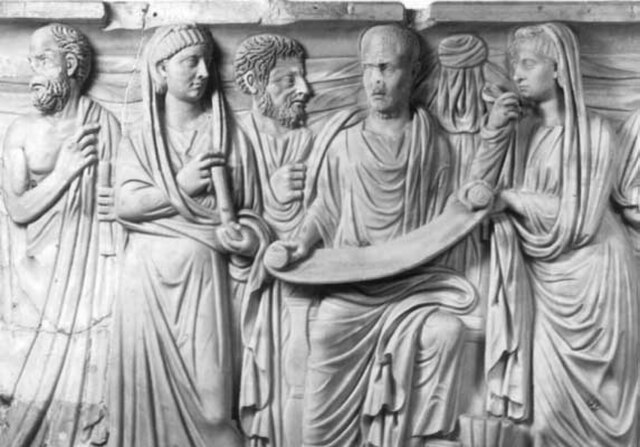Infinite photos and videos for every Wiki article ·
Find something interesting to watch in seconds
Celebrities
Richest US Counties
Ancient Marvels
Sports
Countries of the World
Great Cities
Tallest Buildings
Great Artists
World Banknotes
Supercars
Presidents
Wonders of Nature
History by Country
British Monarchs
Famous Castles
Rare Coins
Wars and Battles
Kings of France
Crown Jewels
Best Campuses
Great Museums
Orders and Medals
Animals
Largest Empires
Recovered Treasures
Largest Palaces
more top lists


